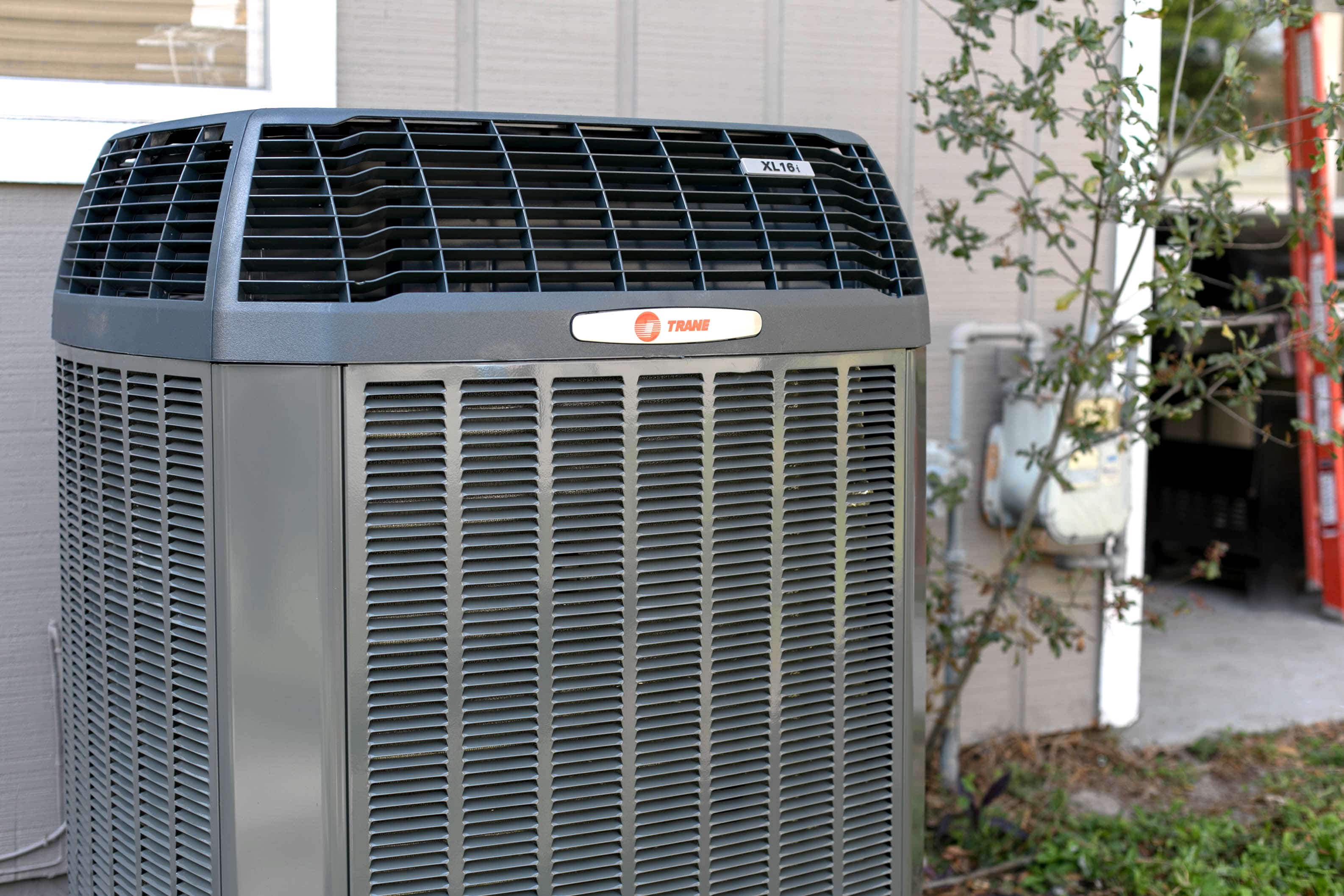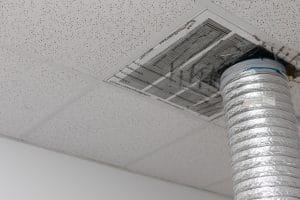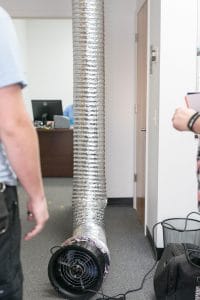Are you a Gainesville homeowner looking to reduce the cost of your energy bill this summer? A new tax credit on high-efficiency HVAC equipment may be just what you are looking for!
What is the 30% HVAC tax rebate?
As a business with a passion for energy-efficient solutions, Gator Air & Energy is excited to educate Gainesville on the Nonbusiness Energy Property Credit. This tax credit is available for homeowners who invest in high-efficiency HVAC equipment like AC units, furnaces, or heat pumps. Let’s dive into the details of this tax credit and how you Gainesville homeowners can take advantage of it!
Nonbusiness Energy Property Credit
The Nonbusiness Energy Property Credit provides a tax credit to homeowners equal to 30% of installation costs for the highest efficiency tier products. This is eligible for a maximum of $600 for qualified air conditioners and furnaces, and a maximum of $2,000 for qualified heat pumps. This tax credit began on January 1, 2023, and will be available until December 31, 2032. Meaning, if you install a high-efficiency HVAC system during this time frame, you could be eligible for a significant tax credit.
To verify and receive this tax credit, you can ask your HVAC contractor to provide the Manufacturer’s Certification Statement for the purchased equipment. This statement confirms that the equipment meets the requirements for the tax credit.Â
What is the benefit of high-efficiency HVAC equipment?
Using high-efficiency HVAC equipment is a great way to decrease your energy usage and lower your energy bills with GRU bills increasing. The main energy expense for the majority of Florida homeowners is heating and cooling. The U.S. Department of Energy estimates that roughly 48% of the energy used in a typical U.S. home comes from heating and cooling. You can lower your energy usage by upgrading your old HVAC equipment to new energy-efficient systems.
High-efficiency HVAC systems use new and improved technology to save energy and improve performance. For example, variable-speed motors are used in high-efficiency air conditioners and heat pumps to change the system’s output depending on the home’s cooling or heating needs. With processes like this, your system will use less energy and operate more effectively.
Investing in an improved HVAC system not only benefits your wallet but also benefits the environment. When you reduce your energy consumption, you also reduce your carbon footprint. To help with this, Gator Air and Energy provides energy audits, to ensure that your home is working towards energy efficiency, not against it.
Take advantage of this credit today!
If your current AC unit is nearing the end of its lifespan, 2023 it’s a great time to invest in a new and improved energy-efficient AC unit! Not to mention that Spring is also the perfect time of year to make this switch to ensure that you are prepared for Gainesville’s long and hot summer.
Contact Gator Air & Energy, to schedule your new AC unit installation, or for more information on this tax credit!










